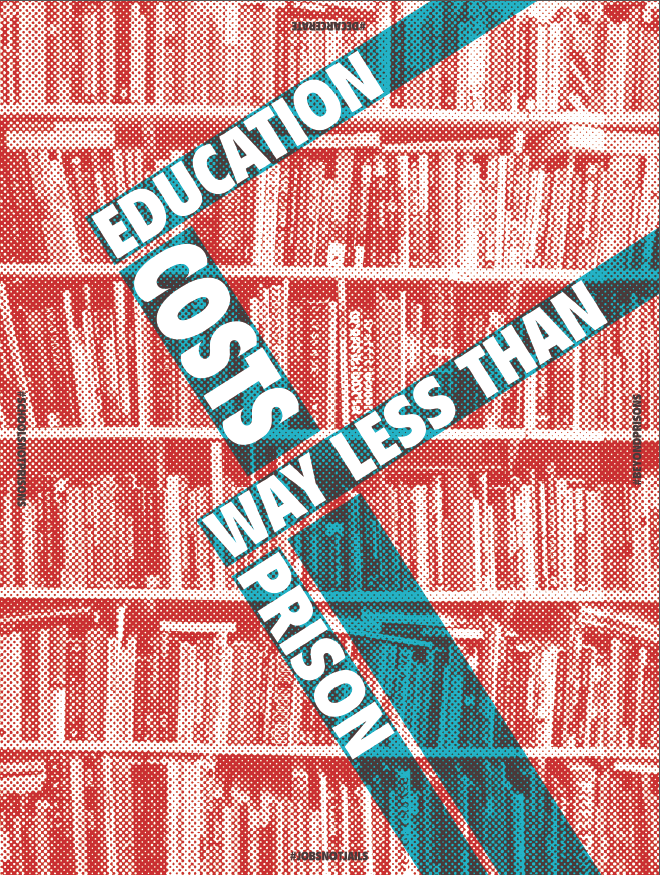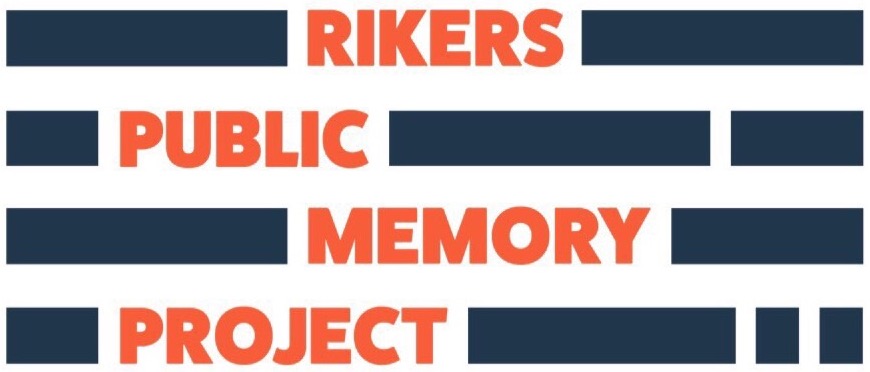Restorative Justice & the Rikers Public Memory Project
My name is Shreya Shankar and I’m a 4th-year law student currently pursuing my legal education from National Law Institute University in Bhopal, India. Since I’m interested in the intersection of law and psychology, I am simultaneously pursuing a bachelor’s in forensic psychology from Open University in the United Kingdom. Through the course of my time in law school, several experiences highlighted the inefficacy of current legal systems due to their dehumanization of individuals and communities. More often than not, issues of police excesses, unwarranted sentences, and inhumane prison conditions are masked under the facade of public law and order. Brutal legal regimes targeting specific communities, by their very nature, reduce the possibility of rehabilitative and restorative justice, thereby trapping communities and sometimes entire nations in the cycle of historical oppression.

My journey into restorative justice began as a search for alternatives to retribution and a focus on deterrence as a guiding principle of the legal system. Restorative justice refers to a philosophy of conflict resolution that is aimed at reconciliation between those who cause harm with both those harmed and, very often, the community at large. Restorative justice has been a part of indigenous traditions for time immemorial, wherein disputes were resolved through the acknowledgment of and acceptance of responsibility for the harm caused. The community, instead of turning to punitive measures, attempted to rebuild and strengthen their social networks. It has been seen by several United Nations led initiatives that this lessened feeling of isolation in both parties. Restorative justice, in the past few decades, has taken the legal world by storm with several projects being set up by governments and international organizations around the world. The idea deemphasizes the legal notion of the ‘rationality’ of human beings and instead acknowledges the emotional conditions, needs, and responses of communities and individuals. It allows for the simultaneous existence of multiple narratives, making it an ideal option for complex and long-drawn-out conflicts.
Creative Response to Conflict (CRC) provided me with the opportunity to explore restorative justice as a process of mutual respect and understanding. During my internship with CRC, I got multiple opportunities to interact with individuals from the restorative practice community. From these interactions, what struck me as unique about restorative justice as a philosophy, was its acknowledgment of generational trauma, structural inequality, and the social contexts within which individual acts are located. As opposed to providing symptomatic relief, it provides a framework to understand people and situations in a holistic manner. Given the trend in global politics towards governments with discriminatory practices, restorative justice provides a mechanism to initiate social change through empathy and community building. In this sense, it reminds us to see those who are different from us as human beings and thereby form a connection. 
Through the course of my work with CRC, I had the opportunity to engage with the Rikers Public Memory Project (RPMP). This project seeks to record and transcribe interviews of individuals who have experienced incarceration at Rikers Island. The RPMP project is based on the idea of narrative-building and storytelling to engage the community. The aim of the project is to encourage the closure of Rikers Island, given the human rights violations those incarcerated at Rikers experience. The project also has formed a collaborative partnership with Freedom Agenda, Create Forward, and the Humanities Action Lab (HAL). The transcribed notes are intended to be kept at the New York Public Library. This enables the stories of those who experienced trauma at Rikers to be recorded and shared with the community and the next generation.
The history of Rikers itself is tainted with racist and pro-slavery subcultures. This is reflected in the over-representation of black and brown communities at Rikers, even today. The presence of Rikers is inextricably linked to a history of violence and degradation. Mass incarceration leads to several pertinent issues, including overcrowding and violence in prisons with very few opportunities for therapy, education, rehabilitation, or individualized support. It places an excessive burden on individual communities that already struggle with institutionalized marginalization. A question one of the interviewees raised sums up the current situation perfectly: “Did Rikers really help me?”
Incarceration being the first and default response has led to the creation of a hostile legal system around the world. It fosters fear of the system as opposed to trust and respect. Projects such as the RPMP help provide perspective on the system and allow us to determine what is needed for effective alternatives.